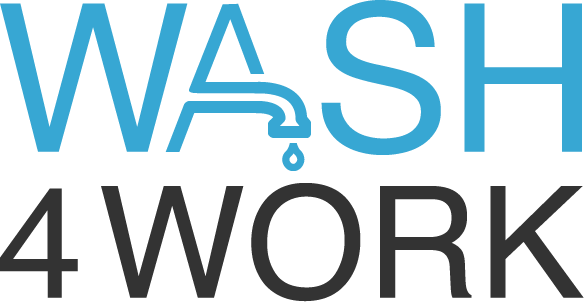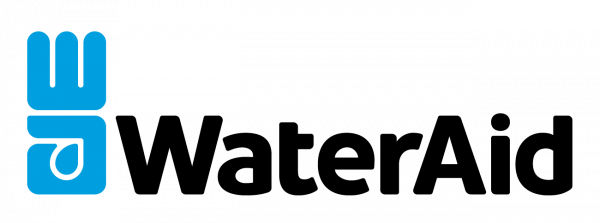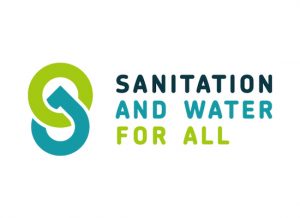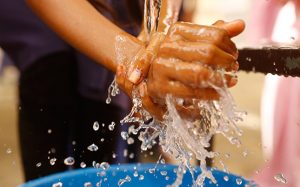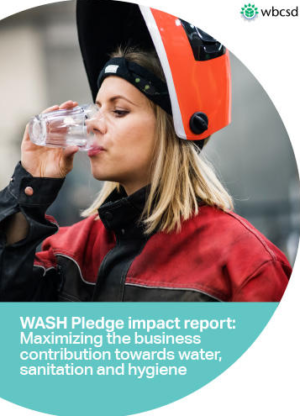Overview
The pilot project started in 2010 in four tea gardens where less than 4% of workers and their families had access to good sanitation, according to an Idea assessment. By 2012, other estate managers were asking them to come in and provide services too.
The project, funded by the HSBC Water Programme, has now covered 14 gardens and 33,000 people.
Country(ies) where the intervention is taking place
Bangladesh.
Lead Organization
WaterAid.
Who is involved?
The project is funded by the HSBC Water Programme.
Institute of Development Affairs (IDEA).
Objectives
The goal of the project is to establish rights of the poor, disadvantaged and isolated communities in Sylhet to access safe and sustainable water supply, sanitation and hygiene services.
The main objective of the program was to improve access to safe water, accessible sanitation and hygiene services for the tea pickers who live within the tea estate compounds in Sylhet District, Bangladesh.
Target markets
Tea estate.
Workplace Setting
Tea estate workers, communities and schools.
Scope of intervention
Communities, schools and direct operations.
Which elements of WASH are covered?
Hand washing with water and soap; safe drinking water; clean and safe toilets; behavior change; menstrual hygiene education for teenage girls.
Which elements of the Framework for Business Action on WASH are covered?
Taking action.
Methodology and tools that have been developed or are planned
Equity and inclusion framework
The purpose of this framework is to help implement WaterAid’s policy on equity and inclusion. It aims to:
Provide a common understanding of equity and inclusion in relation to WASH;
Explain WaterAid’s approach to equity and inclusion;
Establish a common set of minimum standards and indicators as a basis for further work in specific countries or parts of the organization.
Indicators/metrics that have been developed to track progress
The review team used two simple tools to assist in monitoring levels of participation of vulnerable people during the field visit: the participation ladder and the accessibility and safety audit.
Aim: To monitor how effectively various groups feel like they are participating and involve in decision-making. The visual aid illustrates the different levels of participation. The diagram is to help the person carrying out the interview to assess where the person is on the participation ladder.
Accessibility and safety audit tools:
An accessibility and safety audit is a participatory methodology to evaluate the level of accessibility and safety of existing water and/or sanitation facility and its surrounds, and to identify possible changes or improvements. The audit identifies simple changes to facilities and their surrounds that can improve their usability for a wide range of users, thus avoiding the need for separate ‘special’ provision. The audit is a way for stakeholders to consider any risks to safety from using the facilities and to consider if anything can be done to reduce the risks.
Apply the ‘participation ladder’ tool and the accessibility and safety audit systematically across all programmes to monitor the participation of stakeholders, especially marginalized people.
Government partners and/or the local policy environment
To launch the pilot project, WaterAid and its partners had to overcome the opposition of tea estates managers and owners. The estates had long blocked any access for NGOs, suspecting that they would try to organize workers and advocate for their rights. But the breakthrough eventually came after long negotiations by WaterAid’s partner, the Institute of Development Affairs (Idea), to introduce water, sanitation and hygiene (Wash) programmes.
Unsurprisingly, it was the economic argument – that a healthy worker is more efficient and productive – that finally won the day with the bosses.
In Sylhet, IDEA’s intervention has led to a more enabling environment for progressively realizing the rights to water and sanitation.
Through the project, IDEA held formal and informal meetings with the Tea Garden managers and attended WASH workshops and celebration events such as the menstrual hygiene campaign. Through this process, Tea Garden managers’ awareness about their responsibilities and accountabilities as employers has increased because they see that improved WASH leads to a more healthy and productive workforce. This is evidenced by their 20% investment in WASH services for their workers following IDEA’s budget advocacy work. Initially the Tea Garden Authorities were very suspicious of NGOs, especially when rights were mentioned as they felt that their workers would demand better pay. IDEA understood the Tea Garden managers’ interests and drivers (including a more productive workforce for greater productivity) and used those to gain access.
Local government is also aware of their accountability to citizens and realize that this includes the Tea Garden workers.
WaterAid Bangladesh and IDEA now need to step back and support the government to provide services so that the NGO does not take on the role of local government. If this does not happen, government development priorities, policies, plans and budgets will ever systematically include the Tea Garden workers and they may be seen as the ‘responsibility’ of the third sector.
Outcomes, successes and ongoing challenges
A dirt track that cuts through the tea estate, is a simple new standpipe on a cement base, delivering plentiful fresh water. In a bamboo shack nearby, a clean latrine has been installed to be shared by residents who used to have to walk into the bushes to go to the toilet. At the estate primary school, children are taught how to wash their hands and then to relay the same message about hygiene at home. These simple innovations – introduced by WaterAid and its local Sylhet partners – have transformed lives. “I used to miss days at work because of illness and so I wasn’t paid. Our children were often sick – my daughters suffered from diarrhea and dysentery when they were growing up – and sometimes I had to look after them rather than work.” (says Bina Patru)
“This programme has helped change the mindset of tea garden owners, introducing them to the need to respect workers’ rights and the value of a healthier workforce, while helping the tea pickers understand they have the right to good health, education and hope for a better future,” says Tom Palakudiyil, regional director for WaterAid in South Asia.
At Kadhim’s school, teacher Nantu Ranjan Singh used to note a marked increase in absenteeism in April and May, after the start of the annual rains brought outbreaks of waterborne diseases. “But that’s dropped right off since the interventions by Idea and WaterAid,” he says. Tackling taboos about menstrual hygiene for teenage girls has been another achievement, he adds.
WaterAid and Idea are now seeking funding to expand their work into dozens more tea gardens in nearby districts. But just as much of a challenge is to convince the local powers – the tea estates and the government – that they need to make water and sanitation for the workers a priority without charitable help.
Links to learn more
http://www.inclusivewash.org.au/Literature/Case Study 01_Where no one has worked before.pdf
http://www.wateraid.org/uk/~/media/Files/Global/3-Monitoring-tool.docx?la=en-GB
http://wedc.lboro.ac.uk/resources/learning/EI_FN2_Accessibility_Safety_Audit_v2.pdf
Contact
Ruth Romer (Private Sector Advisor, WaterAid)
